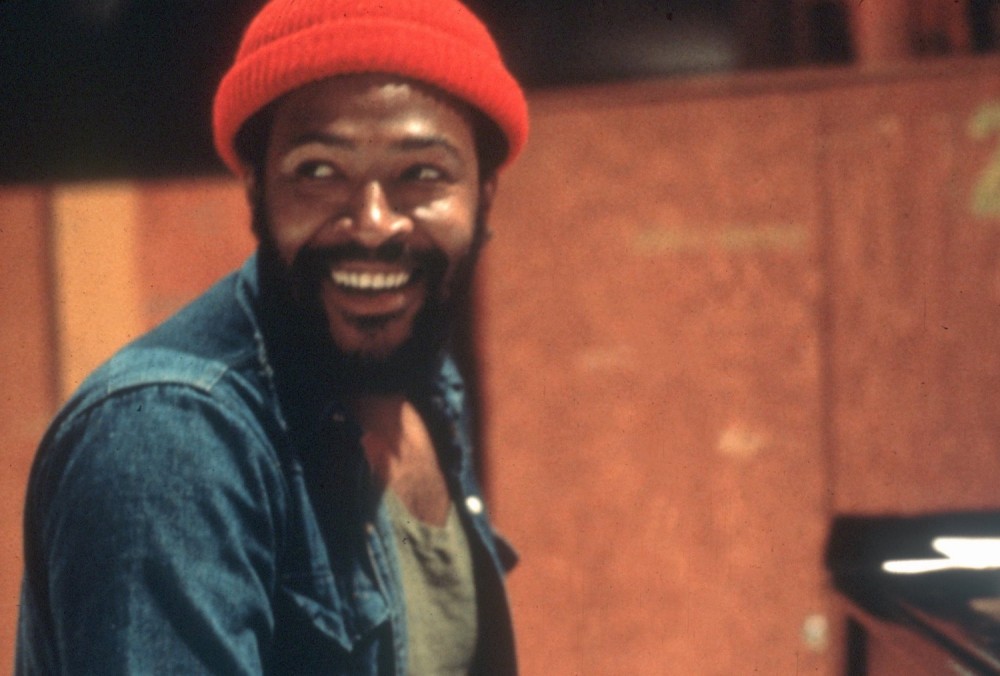January 20th is Officially “What’s Going On” Day in Michigan

Michigan Governor Gretchen Whitmer honors the 50th-anniversary of the politically-charged classic’s release.
Marvin Gaye‘s timeless 1971 single, “What’s Going On,” just got its own commemorative day in the state of Michigan.
According to WXYZ Detroit, the state’s governor, Gretchen Whitmer, celebrated the 50th-anniversary of the ever-resonant politically-charged anthem by dedicating January 20th in its honor. “Having this tribute on the calendar provides us with an important moment—one where we can come together as a unified state to pause, reflect and appreciate the need for ideas, perspective, love, and understanding,” Whitmer writes in a statement. “These are values that mean more today than ever before,” she adds.
The dedication is a joint effort between the state and Detroit’s Motown Museum. The Hitsville cathedral is celebrating the half-century milestone of both the single and Gaye’s eleventh studio album throughout 2021 with a number of events. However, dates have yet to be announced and are likely pending some level of clearance in accordance with Michigan’s COVID-19 protocols. “As we come out of a very challenging year, it’s more important than ever to reflect on Marvin Gaye’s prolific and timeless lyrics to inspire a spirit of connection in 2021,” says Robin Terry, CEO of the Motown Museum, in her statement.
Released on January 20th, 1971, “What’s Going On” led the charge to a more socially-conscious outing from the Motown icon. The title track from his 1971 opus, “What’s Going On” was inspired by The Four Tops’ Renaldo “Obie” Benson, who witnessed the “Bloody Thursday” protests in Berkeley, CA in 1969. Benson and Motown regular, Al Cleveland, penned the song for his group, but they refused to take it on due to its overtly political tone. Once it was rearranged and recorded by Gaye, even Motown founder, Berry Gordy, had his reservations about a Motown protest song and had to be convinced by Gaye to drop the album. Gordy reportedly warmed up to the album once it eclipsed two million copies in sales. “I thought those records would ruin him. Instead, they made him an icon,” Gordy later confessed.

